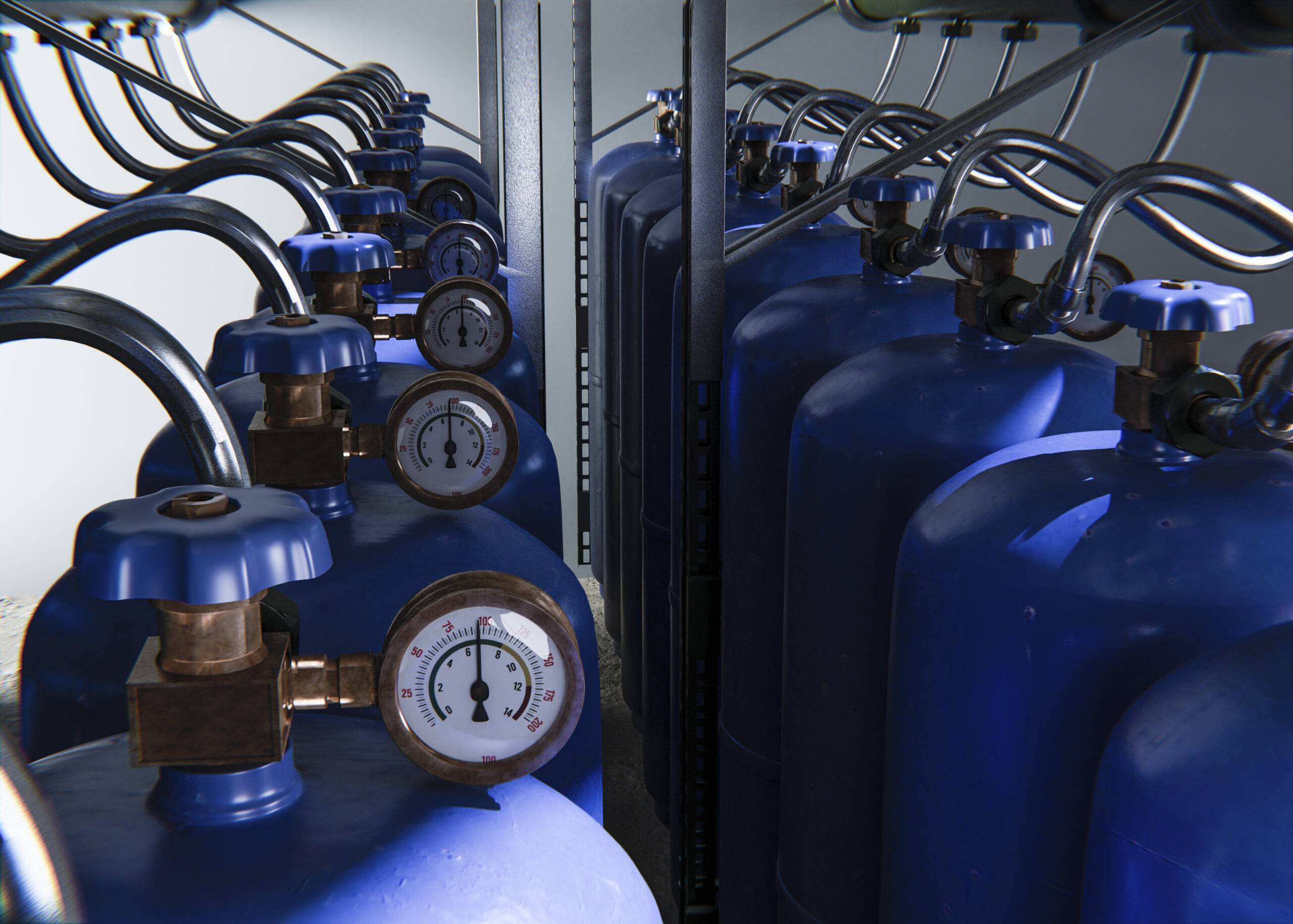Preventative Maintenance for Commercial Boilers and Water Heaters
Commercial boilers and water heaters are the foundation of many enterprises, providing necessary heating for comfort and processes. However, like any mechanical system, they require regular preventative maintenance to ensure peak performance, energy efficiency, and longevity.
This blog post will cover the most important parts of commercial boiler and water heater preventative maintenance. It will outline recommended practices for keeping your systems working efficiently and your business running uninterrupted.
Why Preventative Maintenance Matters:
- Increased Energy Efficiency: Well-maintained systems operate more efficiently, reducing fuel consumption and lowering utility bills.
- Extended Equipment Lifespan: Regular inspections and repairs can identify minor issues before they escalate into major problems, extending the life of your equipment.
- Reduced Downtime and Repair Costs: Preventative maintenance helps avoid unexpected breakdowns, which can lead to emergency repair costs.
- Improved Safety: Regular checks of safety valves, pressure controls, and venting systems are crucial for preventing accidents.
- Consistent Comfort and Operation: Properly maintained systems provide reliable and consistent heating and hot water, ensuring a comfortable environment for employees and customers.
- Compliance with Regulations: Depending on your location and the type of equipment, regular inspections and maintenance might be legally required.
Best Practices for Commercial Boiler Preventative Maintenance:
- Regular Inspections: Schedule professional inspections at least annually, and more frequently for older or high-usage systems.
- Water Treatment: Implement a water treatment program to prevent scale buildup and corrosion inside the boiler.
- Blowdown: Perform regular blowdown procedures to remove sediment and sludge that accumulate at the bottom of the boiler.
- Fuel System Checks: Inspect fuel lines, burners, and controls for leaks, blockages, and proper operation.
- Safety Device Testing: Regularly test safety valves, pressure relief valves, temperature controls, and low-water cutoffs.
- Cleaning: Clean burners, heat exchangers, and flue passages to remove soot and debris that can reduce efficiency.
- Ventilation Checks: Ensure proper ventilation in the boiler room and inspect the venting system for obstructions or corrosion.
- Record Keeping: Maintain a detailed log of all inspections, maintenance tasks, and repairs.
Best Practices for Commercial Water Heater Preventative Maintenance:
- Regular Inspections: Visually inspect the unit for leaks once a month and check the temperature and pressure relief (TPR) valve for symptoms of corrosion or malfunction.
- Flush the Tank: Drain and flush your water heater tank at least once a year to remove sediment accumulation.
- Anode Rod Inspection: Check the anode rod, a sacrificial component that prevents tank corrosion, once a year.
- TPR Valve Testing: Check the TPR valve at least once a year to ensure that it can properly release pressure.
- Temperature Setting: Maintain a safe and energy-efficient temperature setting (around 120°F/49°C is generally recommended).
- Leak Detection: Inspect pipes and connections on a regular basis for evidence of leaks and repair them as soon as possible.
- Cleaning the burner assembly of gas water heaters on a regular basis to eliminate dust and debris is essential. Maintain a pure blue flame.
- Element Inspection: During professional maintenance, evaluate the heating elements of electric water heaters for burnout or severe scale building.
- Insulation: Make sure the water heater tank and lines are adequately insulated to reduce heat loss and increase energy efficiency.
Establishing a Preventative Maintenance Schedule:
- Daily: Visual checks for leaks, unusual noises, and proper temperature/pressure readings.
- Monthly: More thorough visual inspections, TPR valve checks, and burner/vent checks (if applicable).
- Annually: Professional inspection and servicing, including thorough cleaning, safety device testing, anode rod inspection (water heaters), and water treatment checks (boilers).
- Follow Manufacturer Recommendations: Always refer to the manufacturer’s manuals for specific maintenance schedules and procedures for your equipment.
Conclusion
Investing in preventative maintenance for commercial boilers and water heaters is a sound business move. It protects your investment, assures operating efficiency, promotes safety, and, ultimately, saves you money in the long term by avoiding costly breakdowns and extending the life of your key HVAC infrastructure.

